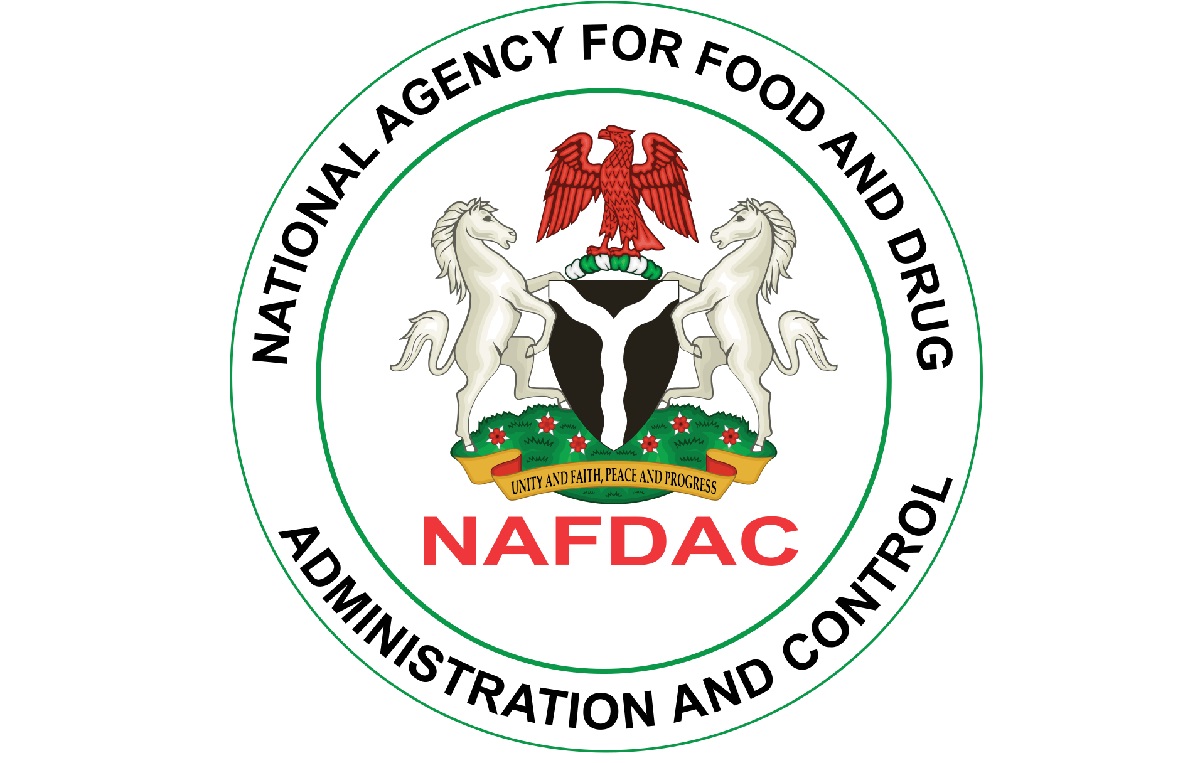Be wary of unscrupulous clearing agents at ports – NAFDAC
The National Agency for Food and Drugs Administration and Control (NAFDAC) has advised the public and importers of regulated products to be wary of the unprofessional behaviour of some agents operating at the air and seaports of the country. The agency has the mandate of collecting samples of products at the ports for laboratory evaluation […]

The National Agency for Food and Drug Administration and Control (NAFDAC)
The National Agency for Food and Drugs Administration and Control (NAFDAC) has advised the public and importers of regulated products to be wary of the unprofessional behaviour of some agents operating at the air and seaports of the country.
The agency has the mandate of collecting samples of products at the ports for laboratory evaluation among others.
While warning that some clearing agents indulge in forgery and doctoring of documents, the agency said its processes are now carried out as online transactions and upon completion, a ‘Release Notice’ that is verifiable using any QR Reader – is issued for each transaction.
The Director of Ports Inspection, Prof. Samson B. Adebayo, gave the advice yesterday while responding to allegations of indiscriminate collection of product samples by the Standard Organisations of Nigeria (SON) and NAFDAC at ports by the National Association of Government Approved Freight Forwarders (NAGAFF).
He said such allegations were disturbing and baseless as the issue of the dynamics of sampling of products for laboratory evaluation has been severally explained to stakeholders.
The agency has over the years at various stakeholders’ meetings, workshops and seminars, re-emphasised the need for importers to request for NAFDAC sample receipt for products sampled and collected by its officers.
NAFDAC said it is within the Standard Operating Procedure (SOP) for inspection and sampling to issue NAFDAC sample receipts to clients after product sampling.
“The challenge we have observed is that clearing agents collect these sampling receipts and do not present them to importers because they know that excess samples have been collected and taken away by these clearing agents,” Prof Adebayo said.
He said NAFDAC samples are collected based on international best practices and standards for laboratory testing.
“Samples drawn are collected and tested and samples kept as retention samples in case of retesting where there are unsatisfactory laboratory results (this means the products failed laboratory testing).
“Where there is a need to return some quantities (especially bulk sampling), the importeWr is notified via the sampling receipt to visit the laboratory for the returned sample. This is done especially in cases of bulk raw materials for products packed in bulk bags.
He advised all importers of NAFDAC regulated products to monitor the transactions of their clearing agents in order to avoid any embarrassment that may be caused as a result of the unprofessionalism of the agents.
He said: “All importers are admonished to always initiate the clearance processes by themselves (rather than asking their agents to do that) because even when they have genuine and complete documents, for whatever reasons some clearing agents still submit forged documents. It should be noted that offenders would be prosecuted when caught.
“Clearing agents are, therefore, warned that where such occurs, the names of such erring clearing agents would be compiled and sent to the office of the Comptroller General, Nigeria Customs Service for sanctions.”
